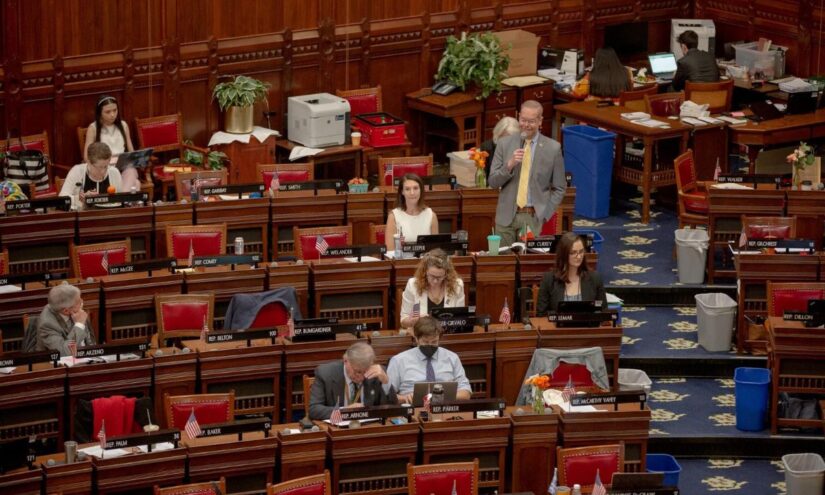During this summer, a team of students from MIT embarked on a journey to the sou …
Connecticut schools face increasing suspensions and expulsions with new bill aimed at support
Emma Wordsmith

In the 2022-23 academic year, expulsions of students in Connecticut surged by more than 31% compared to the pre-pandemic year of 2018-19.
During the same period, out-of-school suspensions saw a statewide increase of 14.4%.
On average, about one in 14 children faced suspension or expulsion, with Black students at 1 in 7 and Latino students at 1 in 11 for suspensions, as per data from the state Department of Education.
The department noted that suspension rates in middle schools now exceed pre-pandemic levels significantly.
According to Senator Doug McCrory, D-Hartford, the data reveals a long-standing trend of certain students being penalized due to insufficient resources for education.
Senate Bill 380, focused on school discipline, moved through the Education Committee with a 31-13 vote and aims to provide services for the youngest students facing out-of-school suspensions, emphasizing school climate survey data collection.
Existing legislation outlines grounds for out-of-school suspensions vary according to grade levels, allowing suspension for pre-school to second-grade students for conduct deemed of a violent or sexual nature.
Proposed revisions in the bill aim to replace such characterization with “behavior that causes serious physical harm” for the youngest learners, ensuring they receive age-appropriate and trauma-informed services.
Lawmakers anticipate tightening the language of the bill, particularly concerning the definition of “serious physical harm.”
Furthermore, the bill seeks to limit out-of-school suspensions for pre-K through second-grade students to a maximum of two school days.
Although there has been a 32.6% decrease in the number of suspensions for pre-K through second graders since 2018-19, approximately 800 students in this group faced sanctions in the 2022-23 academic year, with Latino, white, and Black students represented.
In 2023, bipartisan support enabled the passage of an omnibus education bill that addressed various issues, including the establishment of school climate standards following national guidelines to foster positive climates.
Senate Bill 380 extends these efforts by mandating schools to create standards for school climate surveys, focusing on diversity, equity, inclusion, and reducing disparities in data collection among school districts.
Moreover, the bill empowers the state to compare survey data to identify schools struggling to maintain safe environments and support them in fostering positive school climates.
Additionally, the legislation includes measures for reporting acts of bullying based on protected characteristics like race or national origin, mirroring the state’s commitment to addressing such incidents.
During the 2022-23 academic year, over 1,000 reported bullying incidents were documented in the state, marking an increase from the previous year, influenced by the pandemic’s impact on schooling.
SB-380 also introduces revised district notification protocols for student arrests and updates reporting requirements for school resource officers.


